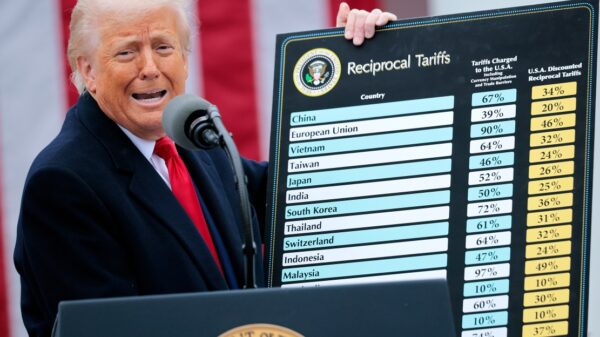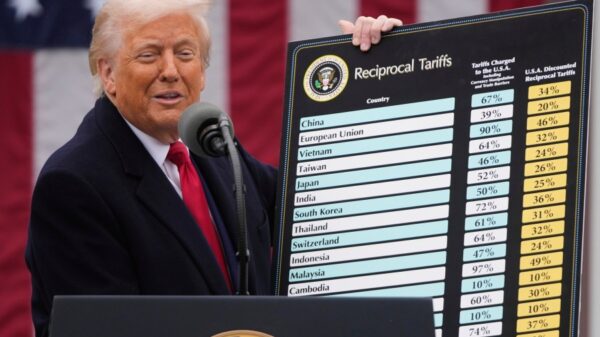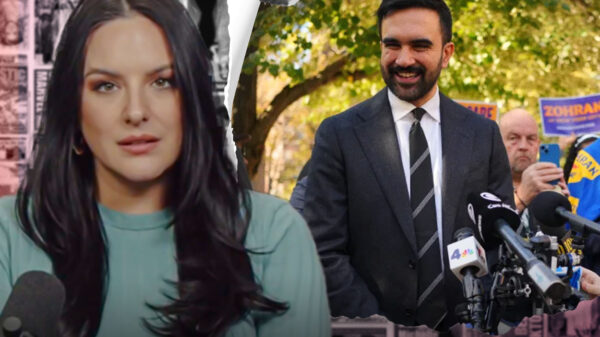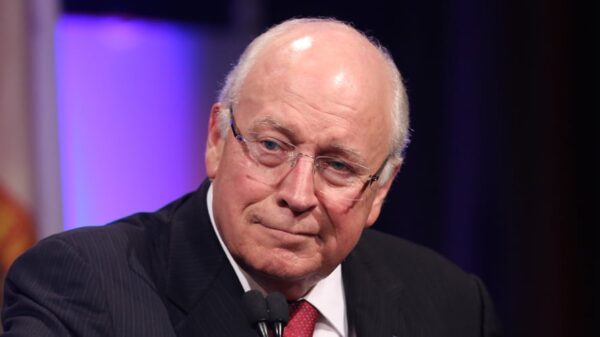Tesla shareholders are set to vote on a controversial pay package for CEO Elon Musk that could potentially position him as the world’s first trillionaire. This pivotal decision will take place during the company’s annual meeting at its headquarters in Austin, Texas, on Thursday, March 15, 2023. The proposed compensation could grant Musk an additional $1 trillion in stock options, a figure that has ignited passionate debate among investors and the public alike.
The discussion surrounding Musk’s compensation has become highly divisive. Advocates argue that Musk’s visionary leadership warrants substantial financial incentives to maintain his focus and drive Tesla’s growth. They contend that his transformative impact on the automotive industry and renewable energy sectors justifies the package, viewing it as a necessary tool to attract and retain his talents.
Conversely, critics express concerns regarding the board of directors’ motivations in crafting such a lucrative deal. They argue that the board appears overly aligned with Musk’s interests, raising questions about corporate governance and accountability. Many detractors consider the proposed compensation excessive, especially in light of the economic challenges faced by many individuals and households.
The debate has gained further attention due to high-profile endorsements and critiques. Notably, Pope Francis recently weighed in on the matter, emphasizing the importance of equitable wealth distribution and the moral implications of vast fortunes. His comments have sparked discussions about the ethical responsibilities of billionaires, particularly in relation to societal welfare.
As the vote approaches, Tesla’s shareholders find themselves at a crossroads. The outcome could not only redefine Musk’s financial trajectory but also set a precedent for executive compensation practices across the industry. The stakes are high, with implications that extend beyond Tesla’s boardroom.
Shareholders will weigh the potential benefits of Musk’s leadership against the broader concerns regarding income inequality and corporate ethics. The decision made in Austin will undoubtedly resonate throughout the business world, influencing how companies approach executive compensation in the future.
In the coming days, as the vote unfolds, all eyes will be on Tesla and its shareholders, who must navigate the complexities of wealth, leadership, and corporate responsibility in their decision-making process.




































































